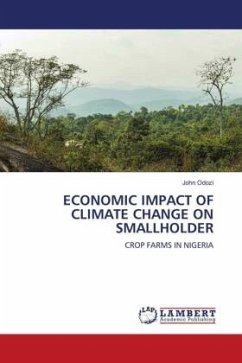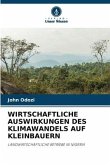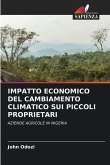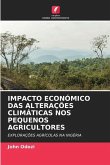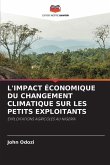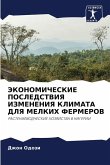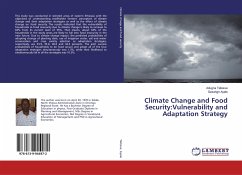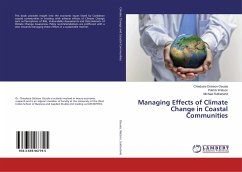The question of what will happen to the profitability of smallholder farming in Nigeria has sparked increased public interest and outrage in light of the global challenge of climate change. Crop farming will likely incur additional costs as a result of climate change because land use for cultivation may become unproductive over the next century. Farmers would have to switch to alternative crops, intensify their farming practices, or completely abandon it. All of these have an impact on the growth of agriculture and the welfare of small farmers. Exposure to unfavourable weather conditions on a regular basis has cost implications which reduce farm income. As a result, the central themes in policy discussions are issues of climate justice, compensation, and government expenditure for reducing vulnerabilities. Policymakers can use economic impact analysis as a tool to assess a phenomenon from an economic standpoint and to determine opportunities to take action to mitigate negative effects and maximize positive ones. Although the Ricardian approach has been widely used to estimate economic impact at the farm level in South Africa, Ethiopia, Kenya, India, Brazil, and the United States,

